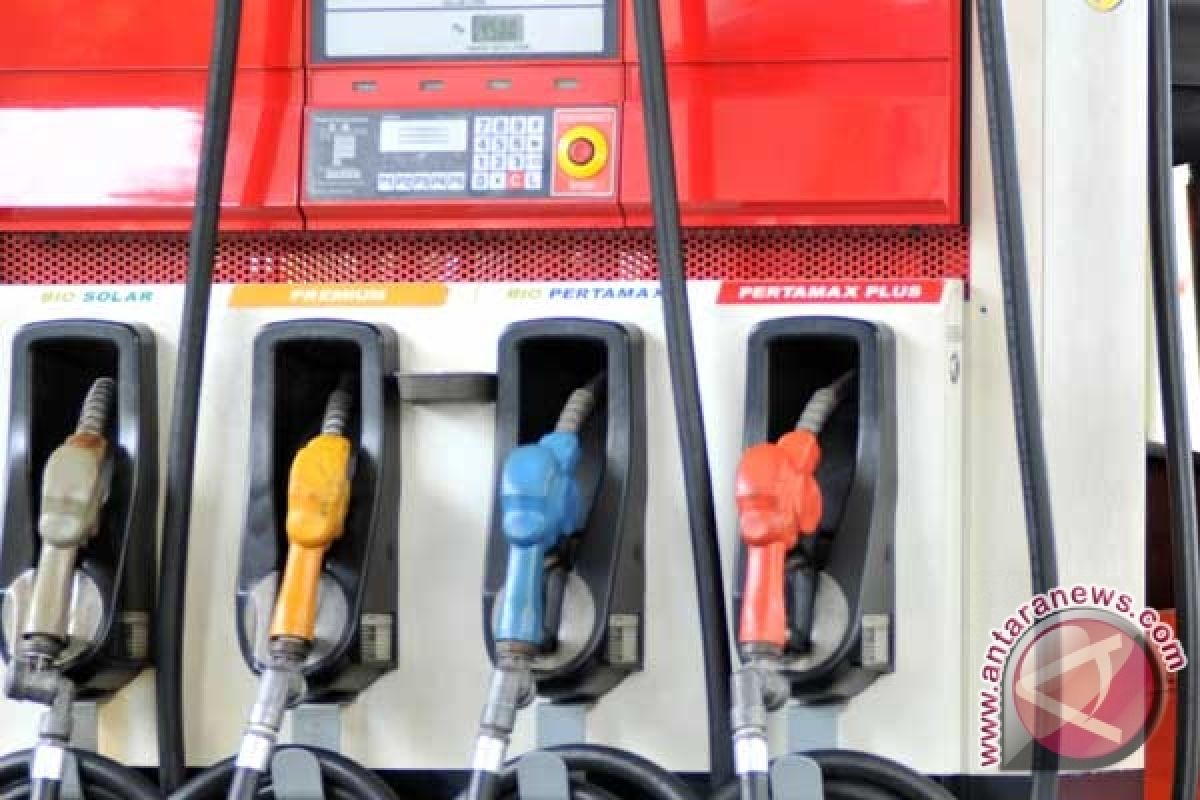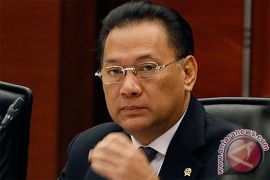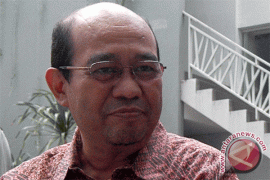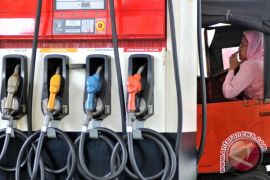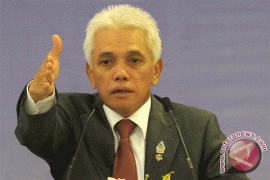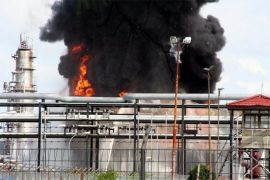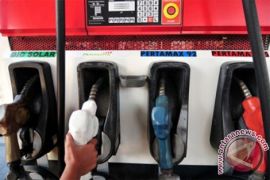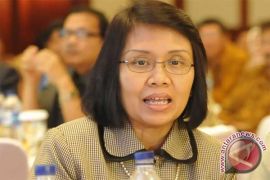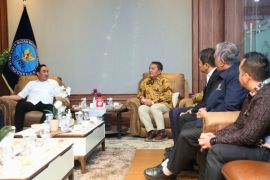The finance ministry decision came up amid controversies over a Muslim cleric statement that it is sinful for financially capable people to consume subsidized fuel oils.
The ministry made the decision amid calls from various quarters that that the government should well increase fuel oil prices rather than limiting subsidized fuel oils.
"We will adjust it based on the quota. If we do not control it, consumption will be high. Therefore the main task of the government is to control the use of subsidized fuel oil. Regarding adjustment through a price increase, we do not have plan about it," Finance Minister Agus Martowardojo said after a meeting with the Budgetary Body of the House of Representatives (DPR) here on Monday.
He said that even though the option of adjusting the price of fuel oil was allowed by the Law on State Budget, the finance ministry will never use the option. "If one asks whether the prices of fuel oils will be raised we are saying here that we have no plan now to increase prices. Yet we understand that the law allow us to adjust the prices of fuel oils," the minister said.
A number of quarters asked the government to raise the fuel oil prices rather than imposing a policy to limit the consumption of subsidized fuel oils to reduce subsidy in the 2011 state budget.
The law enables the government to raise fuel oil prices. "This means that the government already has the legal argument to increase the price of fuel oil. So, what else is the government waiting for?" legislator Satya W Yudha of the Golkar faction in the House of Representatives (DPR) said.
According to Satya Yudha, the law on State Budget in 2011 allowed the government to raise the price of subsidized fuel oil, this is particularly if the Indonesian Crude Price (ICP) had reached 10 percent above the assumed figure of 80 US dollars or 88 US dollars per barrel as set in the state budget.
He said the realization of an average price of ICP at 111 US dollar, or an increase of 31 US dollar, would increase the subsidy for fuel oil and electricity to Rp83.7 trillion.
Energy analyst Pri Agung Rakhmanto also asked the government to increase fuel oil prices. He said the most realistic option to off set subsidy in the state budget was to increase fuel oil prices.
"In term of time, the restriction option is no longer relevant to be imposed to overcome the swelling of subsidy budget this year." Pri Agung, who is also executive director of ReforMiner Institute, said that restriction option had high distortion potentials such as abuse of subsidized fuel oil in black markets so that it would not be effective to be implemented at present and in the future.
He reminded that while the subsidy set in the 211 state budgets amounted to Rp92.79 trillion, it was urgent for the government to increase the price of fuel oils as each one dollar increase per barrel in the ICP over the assumed figured of 80 US dollar would raise the subsidy by Rp2.7 trillion.
However the finance minister said his ministry had no plan to raise the prices even if the government is hard put to maintain consumption in order not to exceed quota. He said the government would continue to coordinate with the relevant parties so that control subsidized fuel oil consumption so that it would not exceed the quota set at the state budget at 38.6 million kiloliters.
However, refueling stations in various regions in the country have begun to run short of stocks of subsidized gasoline premium that prompted additional supplies beyond quota volumes.
In this case, state oil and gas firm PT Pertamina has decided to raise subsidized fuel supplies above the 2011 state budget quota due to high demand leading to shortages in a number of areas.
The decision was taken to support the growth of the people`s economy, Pertamina spokesman M Harun said.
Admittedly, the government had asked Pertamina to maintain the subsidized fuel quota of 38.6 million kiloliters set in the 2011 state budget. But in reality, the people were in dire need of additional supplies as reflected by long queues for subsidized fuels at gasoline stations, he said.
"Right now subsidized gasoline consumption reaches 68,000 kiloliters per day, well above the daily quota of 60,000 kiloliters," he said.
Earlier, Director General of Oil and Gas at the Energy and Mineral Resources Ministry Evita Legowo said the government would propose to the House of Representatives (DPR) an additional quota of 1.8 million kiloliters of subsidized fuels to 40.4 million kiloliters for this year.
According to the finance minister the realization of subsidized fuel oil in the first semester of this year has reached Rp41.6 trillion of the target set at Rp95.9 trillion. This is higher than consumption in the first semester a year earlier which was Rp30.2 trillion of the target set in the 2010 state budget at Rp88.9 trillion.
(T.A014/H-NG)
Reporter: by Andi Abdussalam
Editor: Priyambodo RH
Copyright © ANTARA 2011
